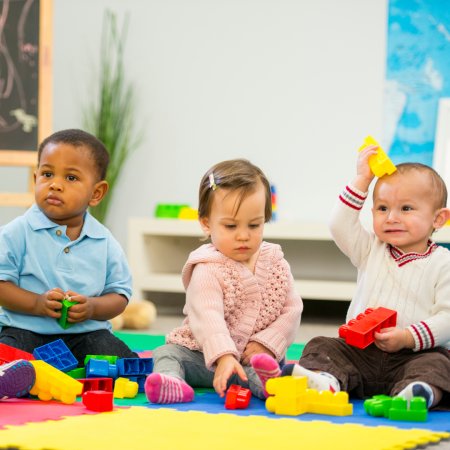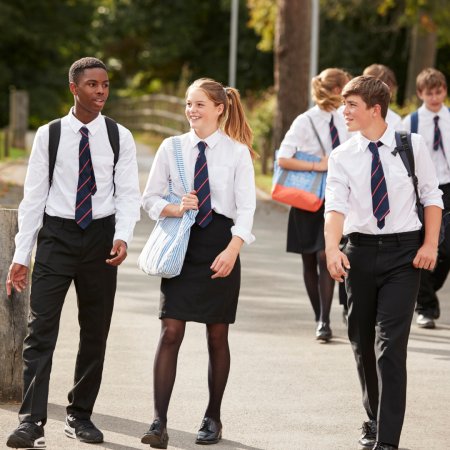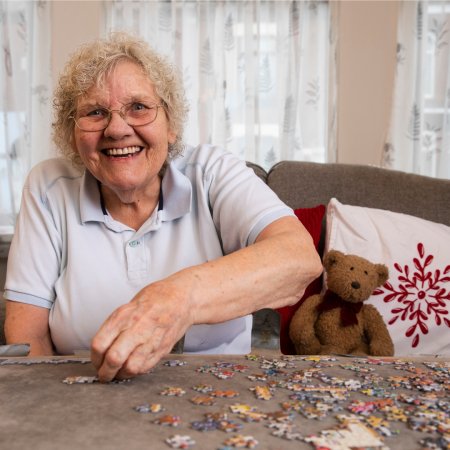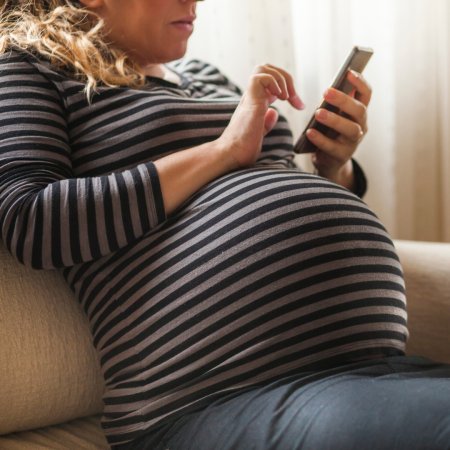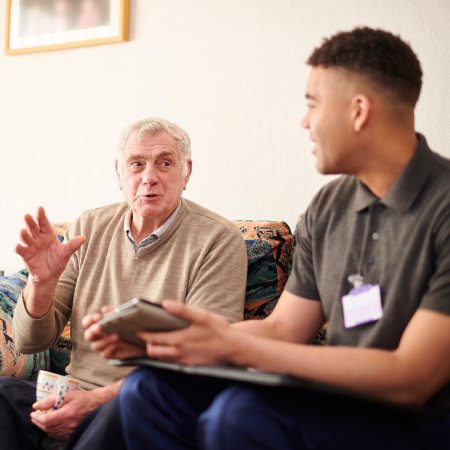Vaccines are vital for protecting the population of Kent and Medway; vaccines are the best defence we have against viruses including flu, Covid-19, meningitis, and measles, mumps and rubella.
Eligible residents are encouraged to protect themselves by making sure they are up-to-date with all their vaccinations.
Vaccines are extremely safe. All vaccines must go through the same regulatory approval process as any medicines to make sure they meet strict safety standards and offer high levels of protection.
Vaccine helpline
If you need help with anything relating to vaccines, phone: 03000 810 007
The helpline is open Monday to Friday from 9am to 5pm.
Eligible patients can now book an appointment for the spring Covid-19 vaccination.
Those eligible for a Covid vaccine include:
- adults aged 75 years and over by 17 June 2025
- residents in a care home for older adults
- individuals aged six months and over who are immunosuppressed.
You will receive an invitation from the NHS if you are eligible for a spring dose.
You can book a vaccine appointment online, via the NHS App or by calling 119 for free.
